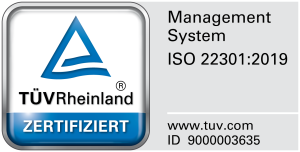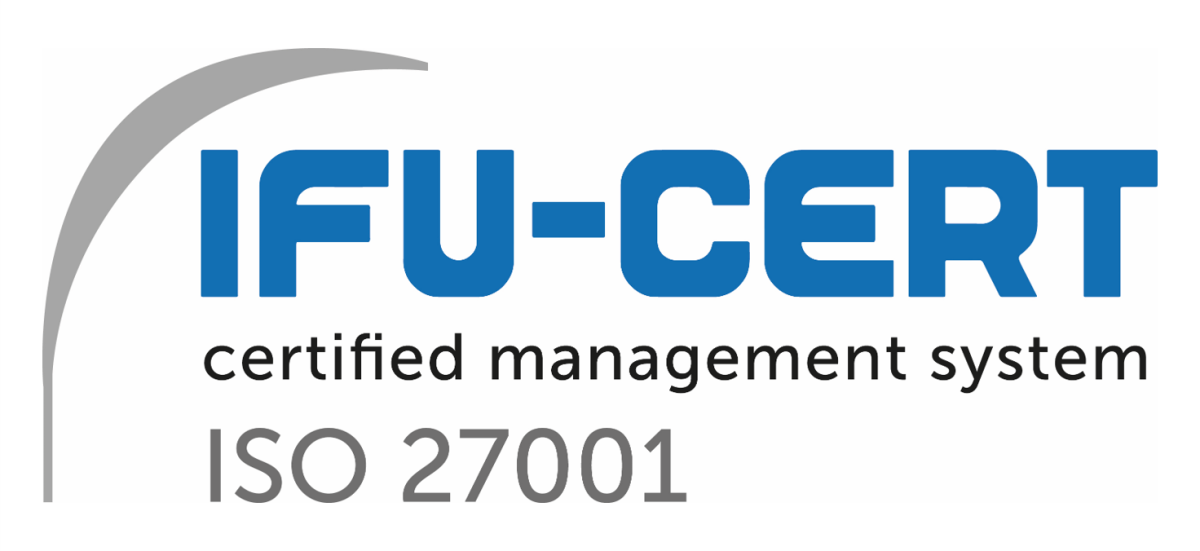Routing of SWIFT messages
SWIFT routing is one of the more complex issues in the handling of SWIFT FIN, InterAct and FileAct messages.
SWIFT routing criteria
Most likely administrators will have to route different SWIFT document types to different destinations such as payments and financial institutions transfers, treasury, securities or cash management to name just a few. For this type of SWIFT routing the BIC code and the logical terminal ID of the sender have to be considered as well as the destination address. SWIFT routing may depend on currency and amount and special algorithms may be required for ACKs and NAKS as well as for FIN message types 010, 011, 015 and 019.
SWIFT routing facilities included in BOX for SWIFTNet
Generally speaking, facilities are needed to analyze the content of all header and payload fields in MT messages, and the corresponding information in XML structured MX messages and then to implement complex algorithms to determine a SWIFT routing destination. Some providers of SWIFT interface solutions recommend the use of middleware products for this purpose like the IBM WebSphere Message Broker. Other solutions like Intercope’s Box for SWIFTNet include SWIFT routing facilities as part of the product. The first approach sounds more generic however the second does not require specialized knowledge of additional products and allows the SWIFT system administrator to directly implement SWIFT routing rules in his system.
SWIFT routing for 24 banks in one logical system
In BOX for SWIFTNet the graphical user interface used for system configuration includes a module allowing you to analyze all the elements of a message including substrings and supporting regular expressions in arbitrary logical operations to determine any number of SWIFT routing destinations for any message type or acknowledgement. This gives you a very high degree of flexibility to implement even the most complex routing algorithms and in practice Box for SWIFTNet administrators have successfully defined even the most strange sounding SWIFT routing requirements for a variety of 24 differently organized financial institutions in 9 countries in one Box for SWIFTNet instance.




